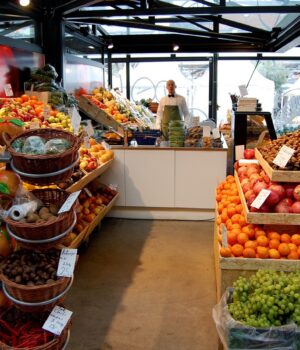The current inflationary scenario in food leads consumers to prioritize price even though they are aware of sustainability. In this way, sustainability in food loses position and the consumer focuses on price. This is what emerges from the 2nd edition of the study of the Basque Food Cluster 'sustainable food'. A study that has been prepared by Across The Shopper, a consultancy specialized in consumer research and knowledge.
In this way, the study shows that 53% of consumers directly prioritize price at the time of purchase. If the price is attractive, sustainability in food becomes unimportant. Although 2 out of three people do affirm that sustainability is an important factor for them, they acknowledge that the current rise in prices does not allow them to purchase these products.
Half of the sample of consumers analyzed in the study understand and find it "logical" that sustainable food has a higher cost. The important data of this study is in the question of how much the consumer is willing to pay for a sustainable product in your diet. The response is disappointing since they only accept a 5% increase for being a sustainable food product. And it is disappointing because the average for local and sustainable products is between 15% and 20%.
The different profiles of sustainable food consumers
The interesting study by the Basque Food Cluster analyzes the aspects that have the most value for consumers. Thus, beverage packaging, responsible fishing in fish, animal welfare and unprocessed meat products are especially important for the consumer.
Among the different profiles for millennials, a sustainable food meets the standards of organic or made with vegetables. For those over 55, sustainability is fresh, local and seasonal products.
The study works another classification for the consumer. From the not at all interested "it doesn't go with me", the initiated "I'm starting" the militant "I'm committed". What is surprising is the increase in extremes. Thus, a year ago, 7% declared that they were not interested, now 15% do so. At the other extreme, the most committed have gone from 6% to 11%.
Regarding the brakes for responsible consumption, the profile of younger people highlights that for them it is the price. For the most seniors it is not knowing that it is really a sustainable product and for families the difficult management in the purchase when having to visit different establishments.







